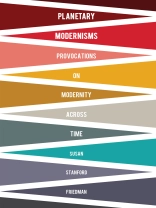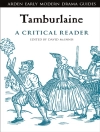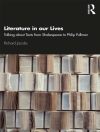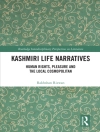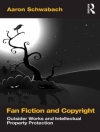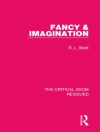Drawing on a vast archive of world history, anthropology, geography, cultural theory, postcolonial studies, gender studies, literature, and art, Susan Stanford Friedman recasts modernity as a networked, circulating, and recurrent phenomenon producing multiple aesthetic innovations across millennia. Considering cosmopolitan as well as nomadic and oceanic worlds, she radically revises the scope of modernist critique and opens the practice to more integrated study.
Friedman moves from large-scale instances of pre-1500 modernities, such as Tang Dynasty China and the Mongol Empire, to small-scale instances of modernisms, including the poetry of Du Fu and Kabir and Abbasid ceramic art. She maps the interconnected modernisms of the long twentieth century, pairing Joseph Conrad with Tayeb Salih, E. M. Forster with Arundhati Roy, Virginia Woolf with the Tagores, and Aimé Césaire with Theresa Hak Kyung Cha. She reads postcolonial works from Sudan and India and engages with the idea of Négritude. Rejecting the modernist concepts of marginality, othering, and major/minor, Friedman instead favors rupture, mobility, speed, networks, and divergence, elevating the agencies and creative capacities of all cultures not only in the past and present but also in the century to come.
表中的内容
Preface
Introduction
Part I. Rethinking Modernist Studies
1. Definitional Excursions
2. Planetarity
Part II. Rethinking Modernity, Scaling Space and Time
3. Stories of Modernity: Planetary Scale in the Longue Durée
4. Figures of Modernity: Relational Keywords
Part III. Rethinking Modernism, Reading Modernisms
5. Modernity’s Modernisms: Aesthetic Scale and Pre-1500 Modernisms
6. Circulating Modernisms: Collages of Empire in Fictions of the Long Twentieth Century
7. Diasporic Modernisms: Journeys ‘Home’ in Long Poems of Aimé Césaire and Theresa Hak Kyung Cha
Conclusion. A Debate with Myself
Notes
Bibliography
Index
关于作者
Susan Stanford Friedman is the Virginia Woolf Professor of English and Women’s Studies, the Hilldale Professor of the Humanities, and director for the Institute for Research in the Humanities at the University of Wisconsin–Madison. She is the author of
Psyche Reborn: The Emergence of H.D.;
Penelope’s Web: Gender, Modernity;
H.D.’s Fiction; and
Mappings: Feminism and the Cultural Geographies of Encounter, which won the Perkins Prize for Best Book in Narrative Studies. She has edited
Analyzing Freud: Letters of H.D., Bryher, and Their Circle and coedited
Signets—Reading H.D.;
Joyce: The Return of the Repressed; and
Comparison: Theories, Approaches, Uses. Her work has been translated into Chinese, German, Hungarian, Icelandic, Italian, Japanese, Portuguese, Serbian, and Spanish.
